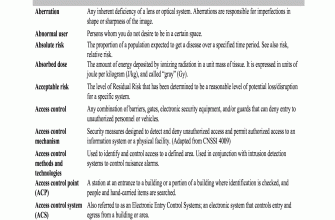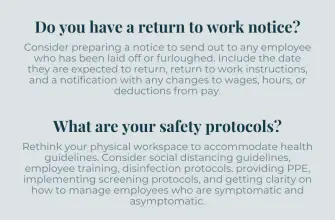Understanding the rights and responsibilities of both employers and employees is crucial in maintaining a harmonious and productive workplace. One such right that often goes unnoticed is the ‘right to be accompanied’. This right, enshrined in the Employee Relations Act 1999, allows employees to have a support person present during certain meetings, such as disciplinary hearings. This article aims to provide a comprehensive guide for employers on this right, its implications, and how to manage it effectively.
Understanding the Right to be Accompanied
The ‘right to be accompanied’ refers to an employee’s right to have another person present during a disciplinary or grievance meeting. This person, often referred to as an ‘accompanier’, can be a colleague, a trade union representative, or an official employed by a trade union. The role of the accompanier is to provide support, advice, and assistance to the employee during the meeting.
The Employee Relations Act 1999 outlines this right, stating that all employees have the right to be accompanied at a disciplinary or grievance hearing if they reasonably request to be accompanied. The Act also stipulates that the accompanier is allowed to address the hearing but is not allowed to answer questions on the employee’s behalf.
Who Can Act as an Accompanier?
The term ‘accompanier’ has a specific meaning in this context. An accompanier, according to the Employee Relations Act 1999, can be:
- A colleague of the employee
- A trade union representative who is a fellow worker or an employee of the union
- An official employed by a trade union
The accompanier’s role is to provide support to the employee during the meeting. This can include helping the employee understand the process, providing advice on how to respond to questions, and assisting in presenting the employee’s case.
Employee Rights in HR Meetings
Understanding employee rights in HR meetings is crucial for maintaining fair and transparent processes. When it comes to disciplinary meetings, or another word for disciplinary, ‘corrective action’ meetings, employees have several rights, including:
- The right to be informed of the allegations against them in advance
- The right to sufficient time to prepare for the meeting
- The right to be accompanied by a support person
- The right to present their case
- The right to appeal the decision
These rights are designed to ensure that the disciplinary process is fair and that the employee has the opportunity to present their case fully.
Managing the Right to be Accompanied
As an employer, it’s essential to understand how to manage the right to be accompanied effectively. This includes knowing when the right applies, who can act as an accompanier, and what the accompanier’s role is.
Firstly, the right to be accompanied applies to disciplinary and grievance meetings. This includes meetings that could result in:
- A formal warning being issued
- The taking of some other disciplinary action (such as suspension without pay, demotion, or dismissal)
- The confirmation of a warning or some other disciplinary action
Secondly, the employee has the right to choose their accompanier. However, the accompanier must be a colleague, a trade union representative, or an official employed by a trade union.
Finally, the accompanier’s role is to support the employee during the meeting. They can address the meeting, put the employee’s case forward, sum up the case, and respond on behalf of the worker to any view expressed at the hearing. However, they cannot answer questions on the employee’s behalf.
Conclusion
In conclusion, the right to be accompanied is a crucial aspect of employee rights. It ensures that employees have the support they need during potentially stressful and challenging meetings. As an employer, understanding this right and managing it effectively is key to maintaining fair and transparent processes in your workplace.
Remember, the right to be accompanied, or another word for accompanied, ‘supported’, is not just about compliance with the law. It’s also about fostering a culture of respect and fairness in your workplace. So, take the time to understand this right and ensure that your employees are aware of it too.








